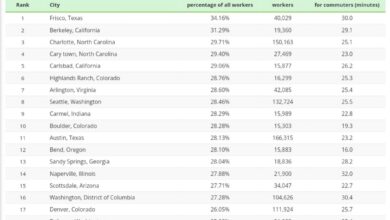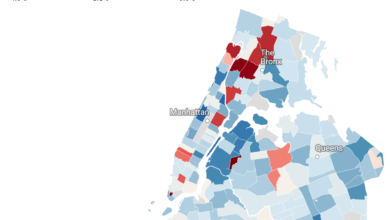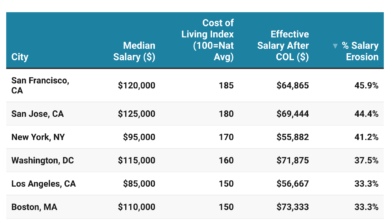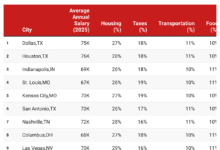Marine Biologist Salary: Is it hard to become a Marine Biologist?
It’s not easy to be a marine biologist but if you love marine life and ocean ecosystems the challenge is worth it.
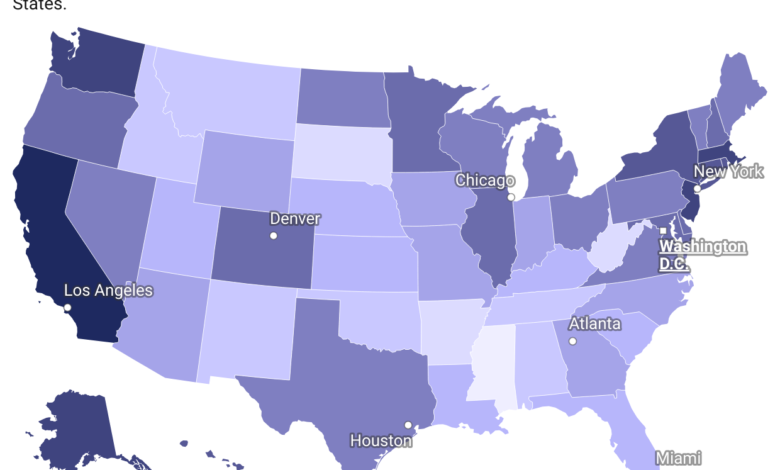
The question is, “Is it hard to be a marine biologist?” depends on your commitment and ability to stay focused for years of study and fieldwork.
Most marine biologists take at least 4 years to get a bachelor’s degree in marine biology, zoology or a related field.
Many also get a master’s or Ph.D. to specialize in areas like oceanography, marine conservation or marine mammal research.
But it’s not just about books and lectures; it’s also about getting hands on experience in the field or a lab.
In short, being a marine biologist is hard but for those who truly love ocean life the rewards far outweigh the effort.
How to Become a Marine Biologist
If you’re wondering how to become a marine biologist, here’s the clear path:
- Get a Bachelor’s: Start with a bachelor’s in marine biology, oceanography or marine science. This will give you a broad understanding of marine ecosystems and life forms.
- Get a Master’s: Specialisation is key. A master’s in marine biology or a related field will allow you to focus on areas like marine ecology, coral reefs or ocean conservation.
- Doctoral (Optional): If you want to lead research projects or teach at university level, a Ph.D. in marine biology will give you more depth.
- Hands On Experience: This is a big part of becoming a marine biologist. Internships, volunteering with marine research institutes or working at aquariums will give you practical skills.
- Additional Training: Certifications in scuba diving, boat handling and data analysis tools are often helpful.
It’s tough and it’s long, research and fieldwork and ocean love.
But is it hard to be a marine biologist?
Yes it is. But if you love marine conservation or marine ecology every step feels worth it.
| Belief | True or False | Explanation |
|---|---|---|
| You need a Ph.D. to be a marine biologist | False | Many marine biologists get a Ph.D. for research positions, but entry level positions only require a bachelor’s or master’s degree. |
| Marine biologists only work in oceans | False | Marine biologists work in labs, aquariums and research institutions, not just in the ocean. |
| Math and statistics are not important in marine biology | False | Math, especially statistics, is important for data analysis, tracking species populations and environmental trends. |
| Marine biology is mostly classroom learning | False | Marine biology is fieldwork, lab research, and classroom education. Hands-on experience is key. |
| Marine biologists only study animals | False | Marine biologists study ecosystems, plant life, water quality, and more, not just marine animals. |
Average Marine Biologist Salary by U.S States
A marine biologist in the US can make between $69,618 to $95,184 per year depending on experience, location and education.
Entry level marine biologists with a bachelor’s degree will be at the lower end of that range and those with advanced degrees or years of experience will be at the higher end.For example, marine biologists working in private research, government or universities will make more.
Some of the highest paying states for marine biology careers are District of Columbia and California where the salary can be over $90,000 per year. Anchorage, AK and Seattle, WA also pay top dollar for marine biologists with salaries ranging from $81,000 to $77,000 per year.
The average marine biologist salary in the US is around $81,587 per year but with experience and specialization this number can go up.
The opportunities for higher pay also depend on where you live and work.
What State Pays the Most for Marine Biologists?
If you’re looking for the best places to maximize your marine biologist salary, consider San Jose, CA where you can earn $102,729 per year. Other high-paying cities include:
● 1 San Jose, CA $102,729 Per Year
● 2 Santa Clara, CA $102,729 Per Year
● 3 Fremont, CA $102,566 Per Year
● 4 Daly City, CA $102,320 Per Year
These cities not only offer competitive salaries, but also access to some of the best marine research opportunities in the U.S.
Final Thoughts
So is it hard to be a marine biologist?
Yes, but it’s also super cool for ocean lovers.
With dedication, field experience and advanced degrees you’ll be on your way to a career in marine science.
If you’re thinking of diving into marine biology remember it’s a commitment but the opportunity to protect our oceans and explore marine ecosystems makes it worth it.
By knowing how to be a marine biologist and what to expect from a marine biologist salary you can set yourself up for a career in marine biology!
1. How Long Does It Take to Become a Marine Biologist?
Being a marine biologist can take 4 to 10 years depending on your education path. A bachelor’s degree (4 years) in marine biology, zoology or oceanography is the first step. If you want to specialise or lead research you’ll likely need a master’s or even a Ph.D. which can add another 2 to 6 years. And of course fieldwork, internships and hands on experience.
2. Do Marine Biologists Work in Aquariums or Only in the Ocean?
Marine biologists can work in many places! While many marine biologists spend time in the field in the ocean, others work in aquariums, marine labs or research facilities. It depends on your focus – some study marine life in its natural habitat, others may focus on marine animal care, rehabilitation or conservation in controlled environments.
3. Is Math Important in Marine Biology?
Yes, math is important in marine biology! Marine biologists use statistics to analyse research data, create models of ecosystems and measure changes in ocean temperatures or species populations. Strong math skills help you understand and interpret the complex data gathered during studies and experiments. It’s not all numbers but math is essential.
4. What Challenges Do Marine Biologists Face?
Marine biologists face many challenges – long hours of research and unpredictable weather during fieldwork, securing funding for studies.
Many spend weeks on expeditions in remote areas which can be physically demanding. And the impact of climate change on marine ecosystems and decreasing biodiversity is an ongoing concern making the work even more critical but challenging.
5. Can I Become a Marine Biologist if I Don’t Live Near the Ocean?
Absolutely! While fieldwork often takes place near the ocean or on boats, many marine biologists work in labs far from the sea. In fact marine conservation or oceanography research can be done from anywhere using data collected from field scientists or satellites. If you’re passionate, living inland won’t stop you from making a difference.


